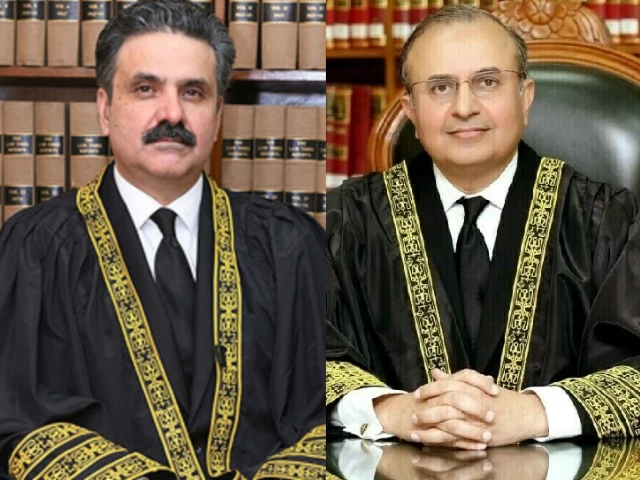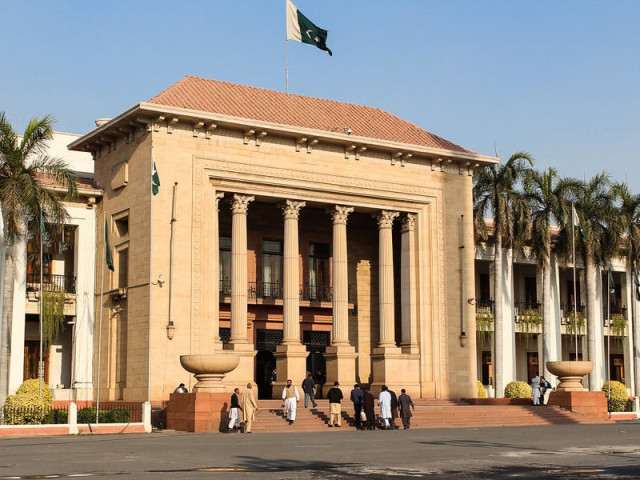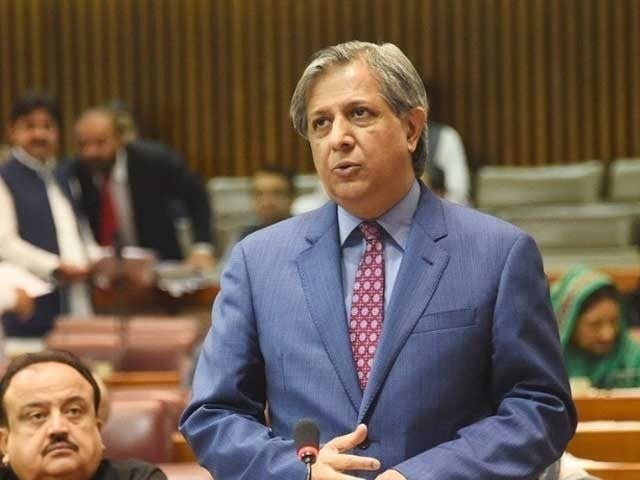Justice Mansoor Ali Shah’s Call for Transparency in Pakistan’s Supreme Court
In a significant move, Justice Syed Mansoor Ali Shah, a senior judge of Pakistan’s Supreme Court, has written a compelling letter to Chief Justice Yahya Afridi. His main aim? To urge the Chief Justice to address critical institutional questions at the upcoming judicial conference on September 8, 2025. This heartfelt communication, which stretches over seven pages and is titled “Pressing Institutional Concerns,” tackles vital issues like transparency, judicial independence, and the overall functioning of the apex court.
Justice Mansoor clearly states that his concerns stem from a deep commitment to the integrity of the judiciary, not personal grievances. He writes, “As the senior-most Judge of this Court after yourself, I write this letter with reluctance, but in discharge of an unavoidable institutional duty.” This tone sets the stage for a serious discussion about the inner workings of one of the most important institutions in the country.
Among the six questions Justice Mansoor urges the Chief Justice to publicly address is the unconvening of the PAPA Committee and the lack of full court debate over revisions to the 1980 Supreme Court Rules. He also raises alarms about the judicial roster’s unilateral formation, which bypasses essential consultations, threatening the principles of collegiality—a cornerstone of judicial integrity.
Another crucial point highlighted is the policy surrounding dissenting opinions. Justice Mansoor criticizes the current method, describing it as a mere “tick-box exercise” that robs the Court of meaningful discussions. He expresses concern that the recent General Standing Order (GSO) issued in July 2025 further diminishes judicial independence, likening its requirements to surveillance rather than stewardship.
One of the most alarming issues he notes is the unaddressed petitions challenging the 26th Constitutional Amendment, which poses direct questions on the judiciary’s independence. “True leadership lies not in managing compliance but in ensuring that the Court rises above suspicion as the fearless guardian of the Constitution,” he passionately articulates.
This letter marks one of the most direct confrontations in the recent history of Pakistan’s Supreme Court and highlights the growing discontent over the concentration of power within the Chief Justice’s office. Justice Mansoor calls for the forthcoming conference to be a moment of “institutional renewal,” urging the need to reaffirm principles like collegiality and constitutional fidelity.
By emphasizing these challenges, Justice Mansoor not only calls for a change in current practices but also invites a wider conversation about the role and responsibilities of the judiciary in upholding democratic values. This level of transparency could pave the way for a healthier judicial environment in Pakistan.
If you’re interested in staying connected with timely discussions like this one, consider checking out Pro21st for more insights and updates on pressing legal and institutional matters.
At Pro21st, we believe in sharing updates that matter.
Stay connected for more real conversations, fresh insights, and 21st-century perspectives.





